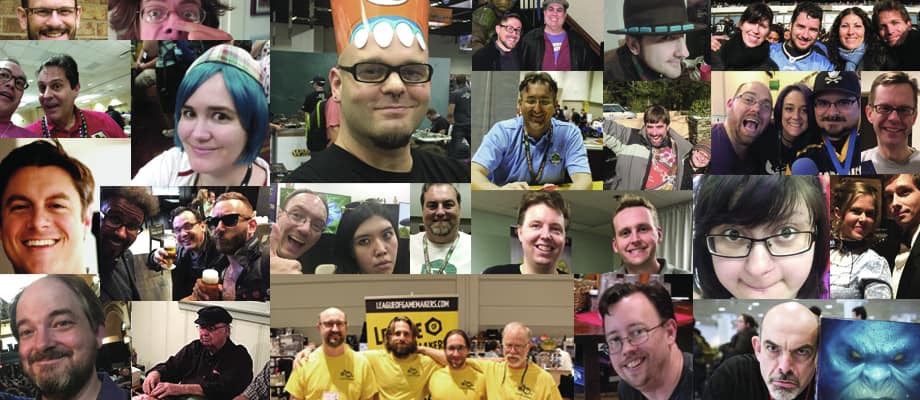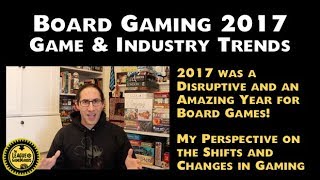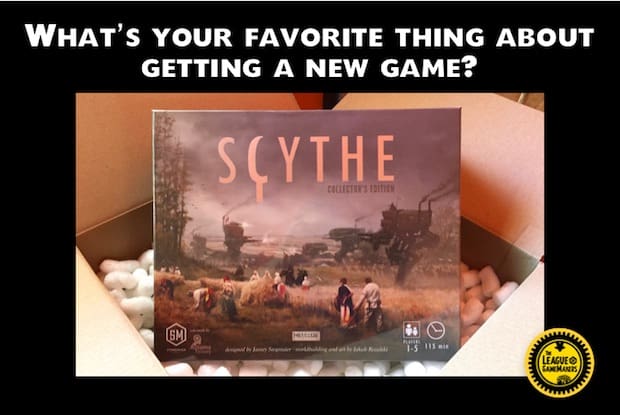
If you follow the League of Gamemakers at all on Facebook, you probably know that we work very hard to keep our followers engaged with a steady stream of content. This is really hard work. Believe is or not, it can be quite challenging to get the word out there about the fantastic articles, interviews and resources we create. We are giving away unique, free content, every week, but the universe of social media is full of free, exciting content, and the shelf-life of new ideas is often measured in nanoseconds.
So, in order to ensure that gamemakers out there in cyberspace even get a chance to see our work, we have to keep boosting the signal. One method we’ve discovered is the use of “memes” or “meme images.”
The term meme originally appeared in Richard Dawkins’ book on evolution, “The Selfish Gene” from 1976. In the book (which I actually read way back, because I’m a science guy), Dawkins discusses how certain discrete units of culture can persist and spread, perhaps supplanting and wiping out other, “less-fit” ideas. In other words, cultural evolution creates a “survival of the fittest” environment for some kinds of ideas.
The internet is not unlike a petri dish of rapidly-reproducing ideas. It’s a sea of bacteria-like images, videos, and text blocks with extremely short life-spans, struggling desperately for survival. And how, exactly, do they survive? By getting attention. Views, hits, likes, thumbs-up, shares, comments, etc. are the food for cybernetic memes. The ones that get the most attention, survive. Those that cannot generate a response, will die, almost instantaneously.
The League publishes blog posts three times each week: on Monday, Wednesday, and Friday. These articles mostly serve a niche audience: gamemakers, and occasionally, people just interested in games or game making. Though most of our readers are actively involved in the industry, some are not. Some just want to look under the hood, or keep aware of the trends in the industry. But still, our readership is just a small slice of the worldwide internet population. Without some special concerted efforts, our voice would be lost in the sea of permanent waves.
The Facebook community page page for the League of Gamemakers has nearly 3000 followers, which may sound like a lot, but not so many when you consider that Neil deGrasse Tyson has 3.5 million followers, and Megan Fox has over 50 million. How can we compete for attention without resorting to astrophysics or bikini pics?
THE ANSWER: MEMES
Over a year ago, we began publishing meme images on our Facebook community page, on Tuesdays and Thursdays (the two days of the week for which we don’t publish blog posts). We found that some of these images, with some clever text or questions, could generate a decent amount of engagement with our audience. Of course, some were duds, and some inexplicably got no attention, but others would get comments, likes, and shares.
The first meme:
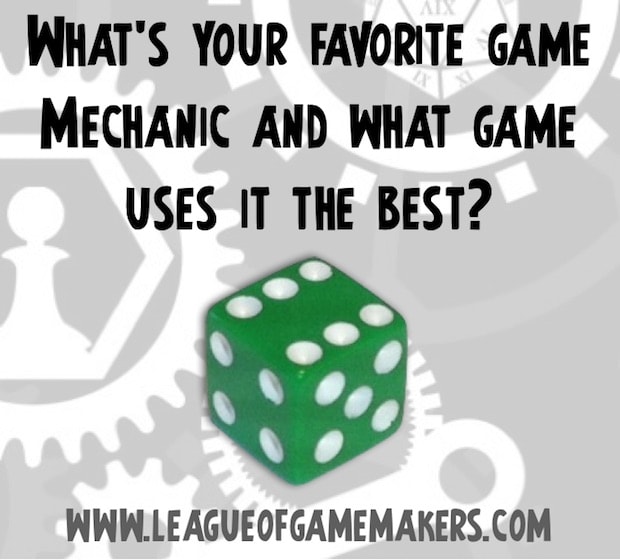
The memes, in turn, helped generate more traffic to our community page, and more traffic to our blog. Additionally, sometimes, we share these meme images in Facebook groups that we think will appreciate them. Sometimes we’ll drop a meme with a question for designers in the Card & Board Game Designers Guild, other times a question about publishing might appeal to the audience of the Tabletop Game Publisher’s Guild, or memes more suitable for general gaming audiences might be welcome in the Boardgame Geek Facebook group, or The Boardgame Group. Posting in thee groups helps expand our audience. We’re careful not to “spam” groups by only posting content we think they’ll want.
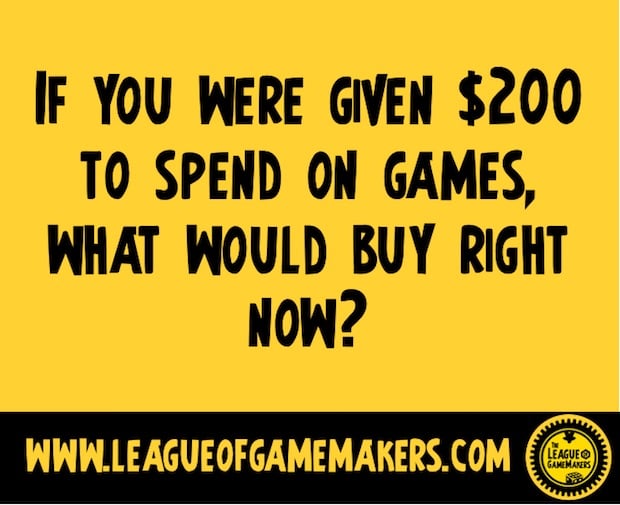
Creating and posting meme images is a fascinating exercise. You piece together an image and a line or two of text wondering how the community will respond. Over time, I’ve gotten better and making them visually appealing while also getting attention.
There is always some uncertainty when you post a meme. Will this create a constructive dialog? Will people find humor in this meme? Will it fall flat? Will it go viral? Will it somehow offend someone or create backlash? Ultimately, the League wants to spread the love of games, and facilitate great game making, so our efforts with the memes are intended to be inclusive, not divisive. Surprisingly(or not), however, people often respond more to things they DON’T like than things they appreciate. So there’s a fine line to walk in these conversation starters.

Do you have idea for a meme for us? What do you think of our memes?

